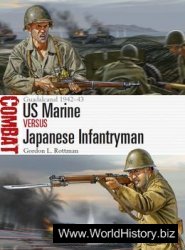The Allies did not disagree about Germany. Since 1944 it had
been decided that Germanywould be completely occupied. Each
ol the Allied armies was to occupy its own zone within definite
borders. At Yalta Churchill had argued that France could have a
balancing effect on Europe if she were rearmed. Roosevelt
readily, and Stalin more reluctantly, accepted France as a fourth
occupying power. A French zone was chiselled out of the existing
British and American Zones. Each of the four occupying forces
would also control a sector of Berlin, which lay within the Russian
zone. The four military commanders would administer
common affairs jointly. Roosevelt imagined this complicated
scheme would serve as a forced contract to preserve good relations
among the Allies. A permanent dismemberment of Germany
had been mooted several times and Stalin had always assented.
At Potsdam he mysteriously reversed his opinion. The
question was dropped. Only France held out for the creation of
an autonomous Rhineland state.
The Allies were adamant that Nazi crimes should be punished.
The responsible people would be tried at an International Military
Tribunal at Nuremberg, the former Mecca of Nazism. À
huge sum was allotted for German war reparations ; negotiations
had started on the basis of Stalin's figure of $20,000 million,
of which Soviet Russia would receive half. She would recover it
from the other zones as well as from her own zone. Germany
would be disarmed so as to prevent renewed agression. Her
'excessive' economic power would be attenuated, and her institutions
and her national character would be denazified. Military
police would supervise a gradual reinstatement of rights and
privileges, but no central administration would be reestablished.
General de Gaulle was particularly firm on this point. The
German people were ruined. They were condemned as a single
mass, their lives reduced to chaos. Only Churchill was concerned
with how they would feed themselves or produce enough
to live on and pay reparations.




 World History
World History









